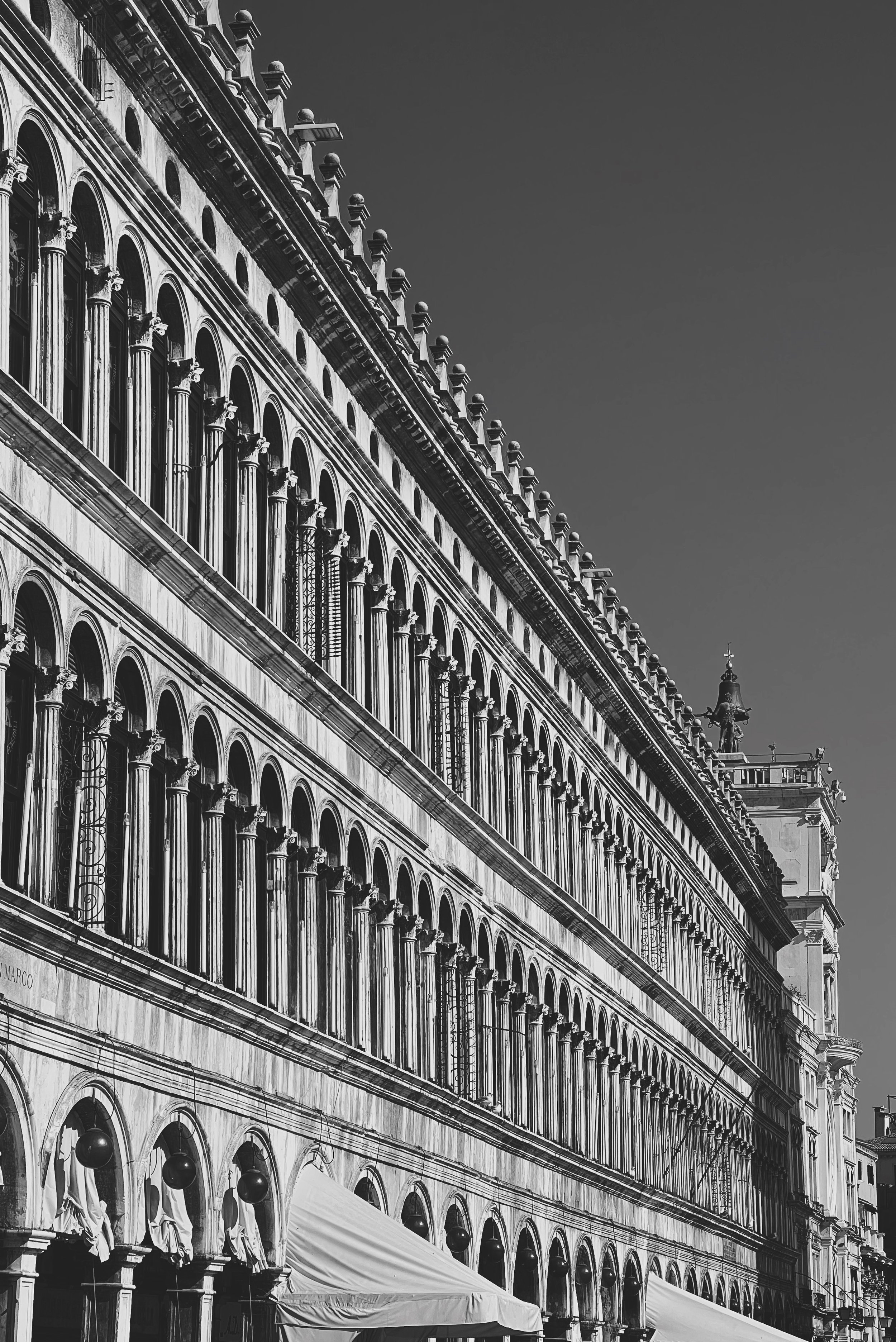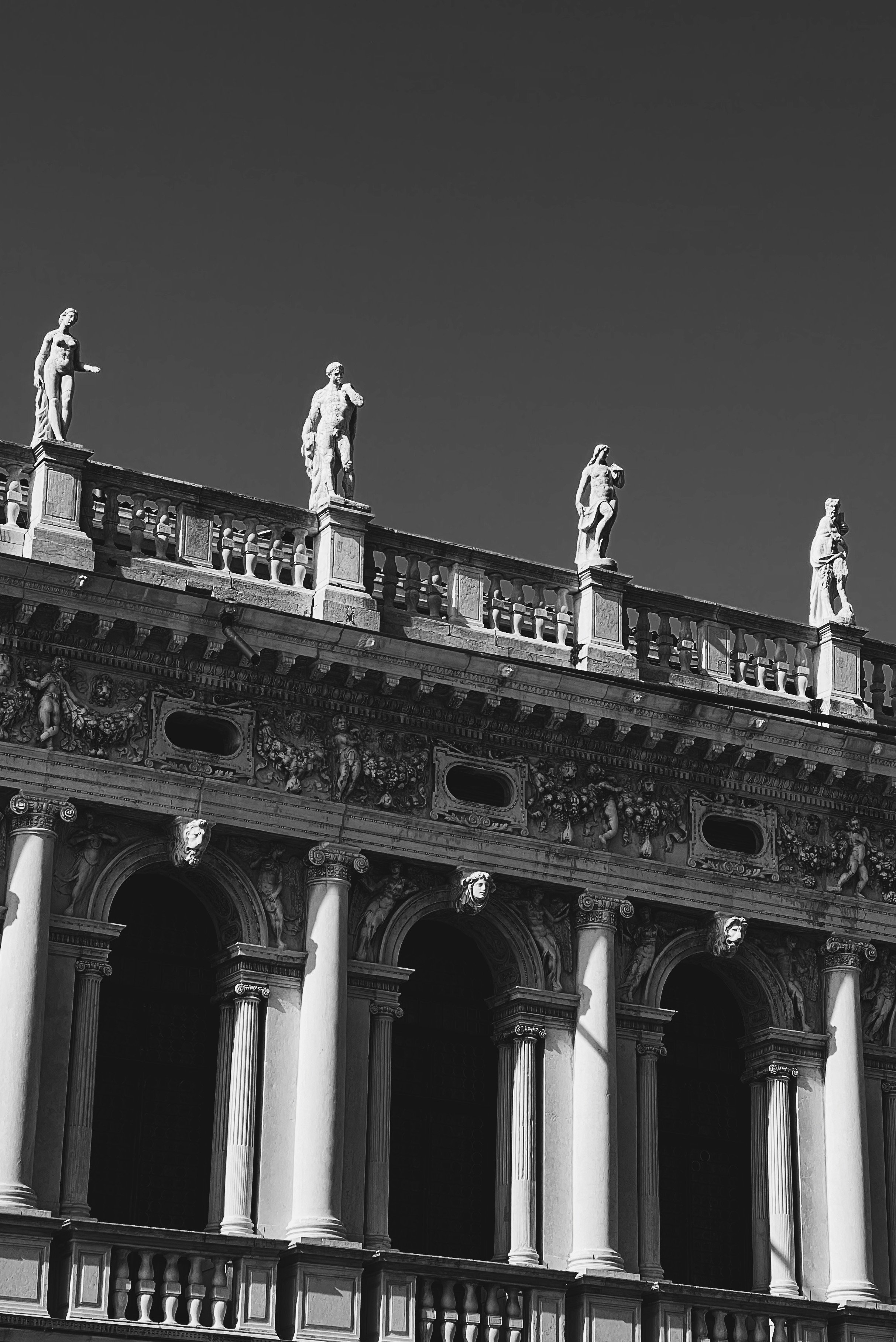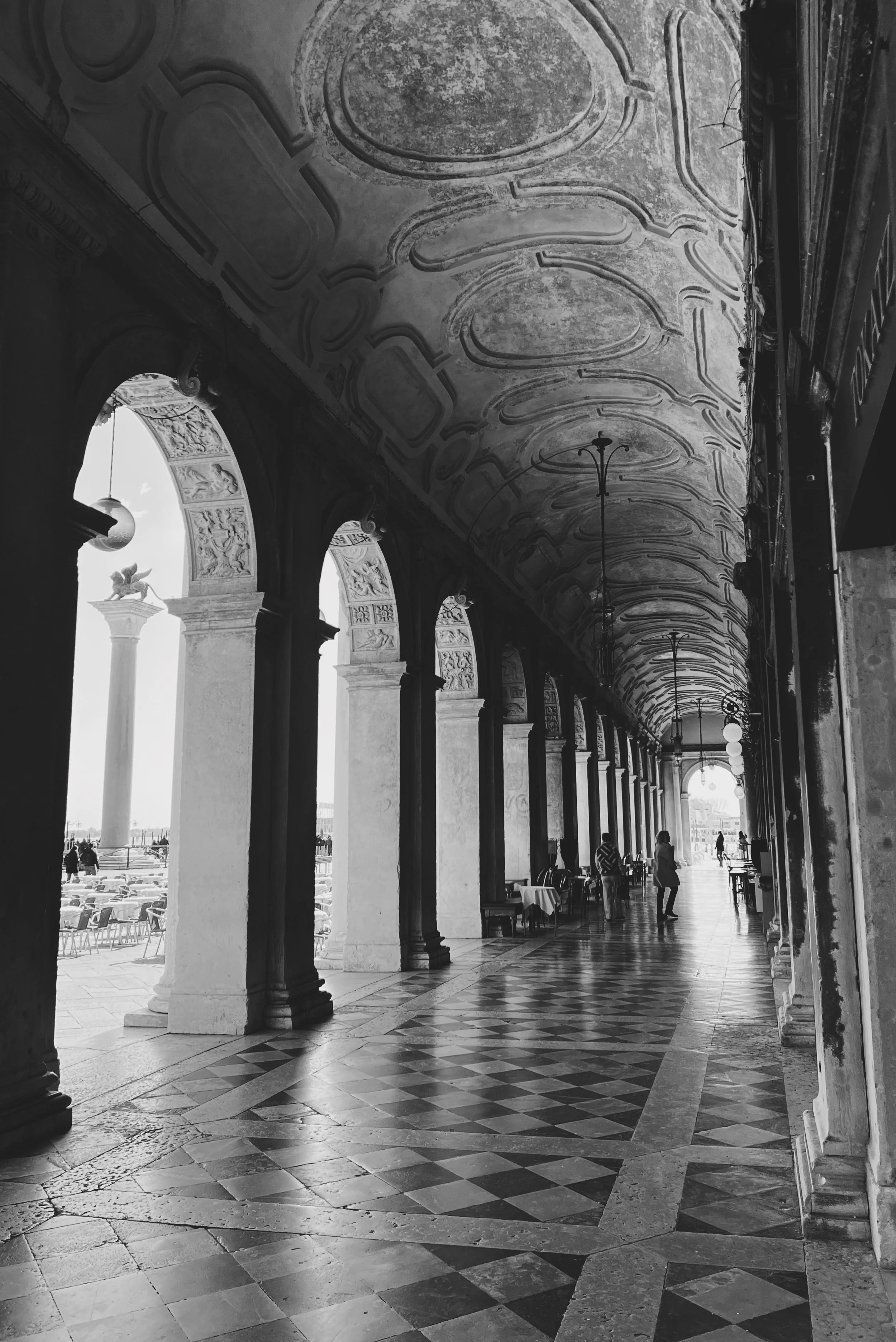Venezia
What makes the floating city so alluring? Perhaps it’s a crucial synergy with our sense of self
Visiting Venice in high summer, when the humidity is oppressive and the streets are heaving, it’s hard to feel like the city is truly yours. But in early March there’s an icy wind that blows across the lagoon and everything is quieter, more peaceful. Remnants of carnevale confetti pepper the cracks between the paving stones. Cloudless skies allow a few short hours to sit and be warmed by the sun until it begins to set. Along the Zattere, the sky burns red over the Giudecca whilst the lapping waters keep rhythm.
To visit Venice off season is to feel it, rather than simply experience it. Wandering the tiny streets, sitting in the grand cafes where so many great writers and thinkers sat before takes on a new resonance. There is time and space for the city’s true magic to reveal itself.
What makes this city so alluring? Is it the sheer impossibility of it; it’s fragility? Perhaps the answer lies in something much more fundamental. The Hungarian writer Antal Szerb said of Venice: “No, I didn’t “enjoy myself” or “feel at home” in Venice, in the commonly accepted, physical-emotional sense of these terms. But for the entire length of my stay, I was filled with elation by the mere fact that I was there, and that, by sharing in the life of that exalted sphere, I was more completely myself.” That a city can have this profound an effect seems almost melodramatic, and yet there’s possibly no more fitting description of what it means to experience this incredible city. After all, feeling more completely oneself; isn’t that all we are ever searching for?



















Chocolate hues are the perfect way to embrace the autumn/winter season; different shades and textures give dimension and tactility